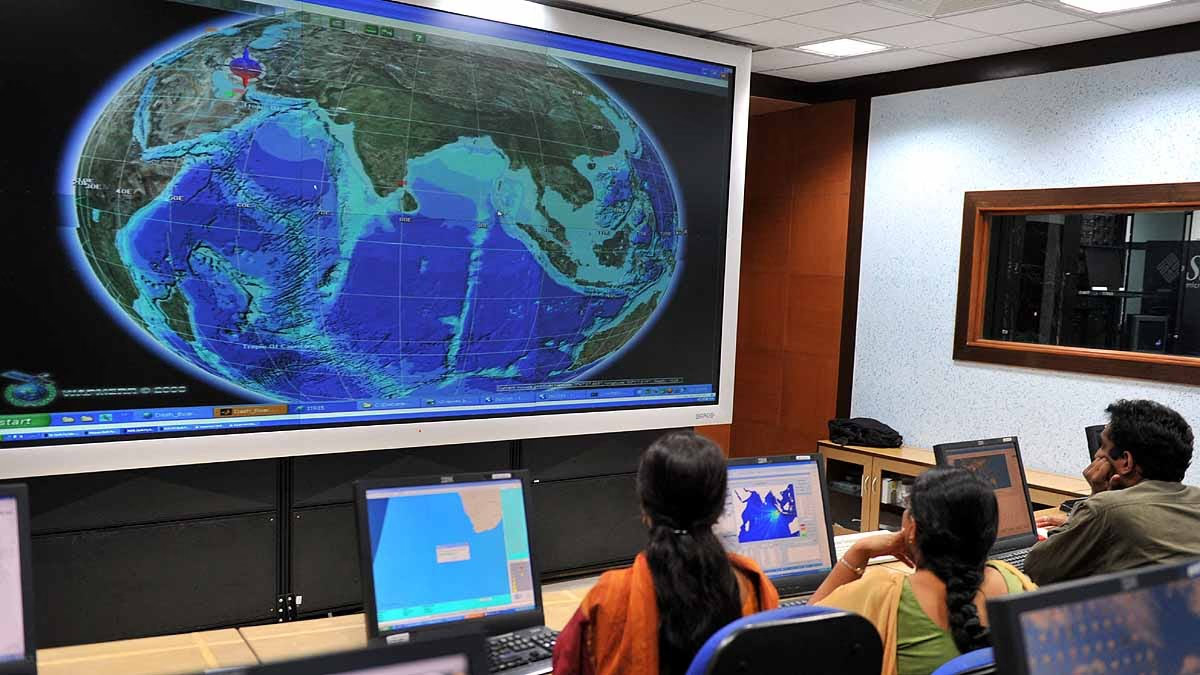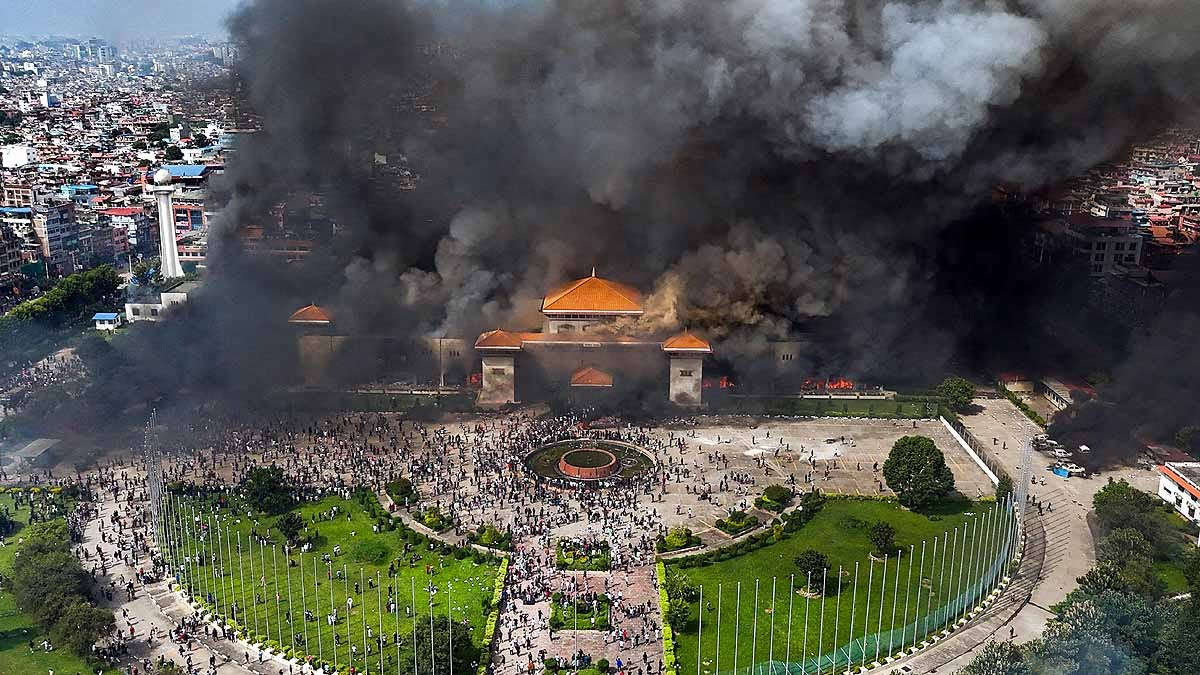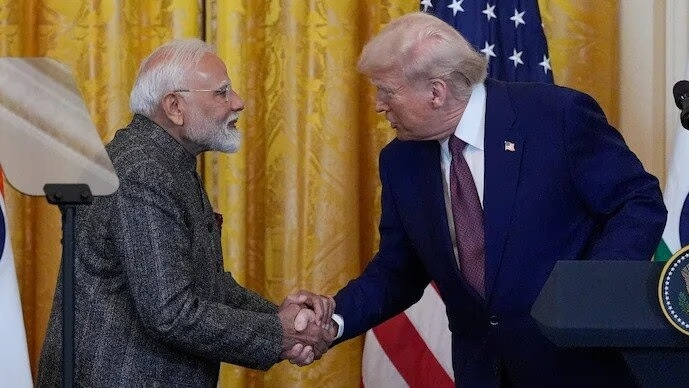The Chairman of ISRO, Dr. V. Narayanan, revealed that Operation Sindoor was significantly supported by approximately 400 scientists who worked around the clock, aiding the Indian military. Initiated in response to the terrorist attack in Pahalgam (Jammu and Kashmir) on April 22, 2025, ISRO's satellites played a crucial role in real-time information access, surveillance, and communication.
What was Operation Sindoor?
Operation Sindoor was a military campaign by India's armed forces aimed at dismantling terrorist bases in Pakistan and Pakistan-Occupied Jammu & Kashmir (PoJK). The terrorist attack in Pahalgam on April 22, 2025, resulted in the loss of many civilians.
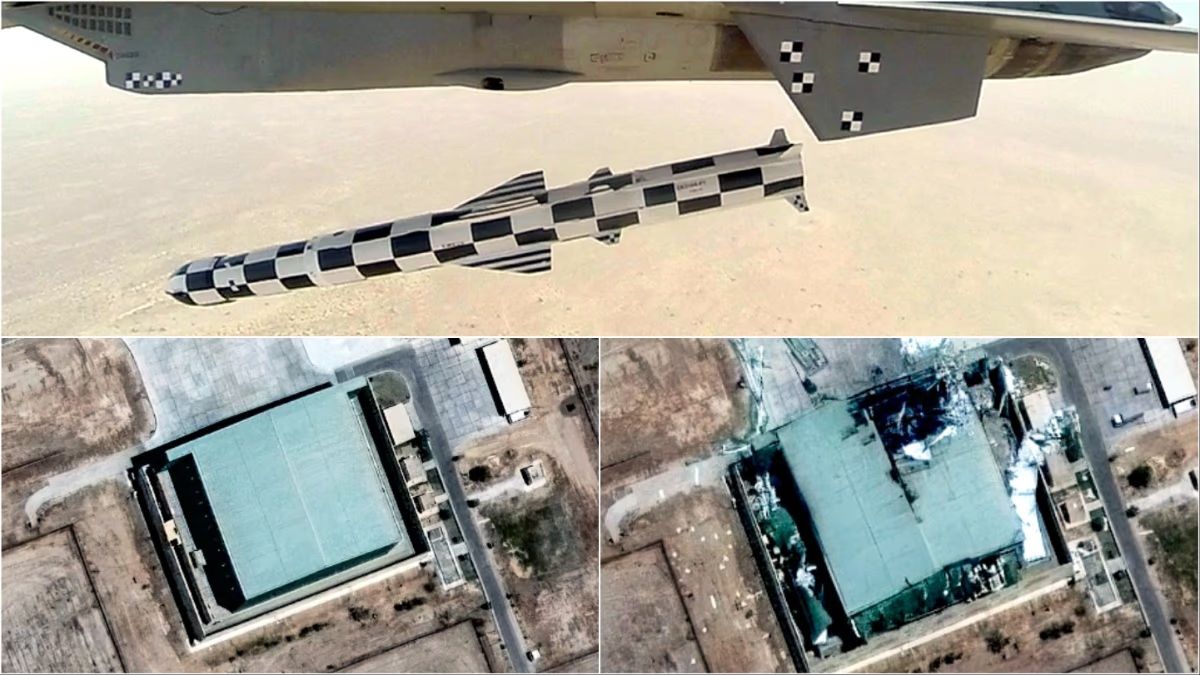
Source: aajtak
In retaliation, the Indian Air Force launched Operation Sindoor on May 7, 2025. The operation targeted nine terrorist bases and eleven Pakistani airfields. The Indian military executed precise strikes without crossing borders, utilizing indigenous systems like the Akash Teer Air Defense, drones, and loitering munitions.
Over 10 of ISRO's satellites were involved in the operation, providing real-time images, navigation, and secure communication, enabling precise military strikes. Dr. V. Narayanan pointed out the 24/7 operation of at least 10 satellites to ensure the safety of the country's citizens.
ISRO’s Role and the Effort of 400 Scientists
On September 9, 2025, during the All India Management Association (AIMA) 52nd National Management Conference in New Delhi, Dr. Narayanan elaborated on the efforts of over 400 ISRO scientists during Operation Sindoor. These scientists operated ISRO's Earth Observation and Communication satellites seamlessly. He emphasized that all satellites functioned fully and met every operational demand.
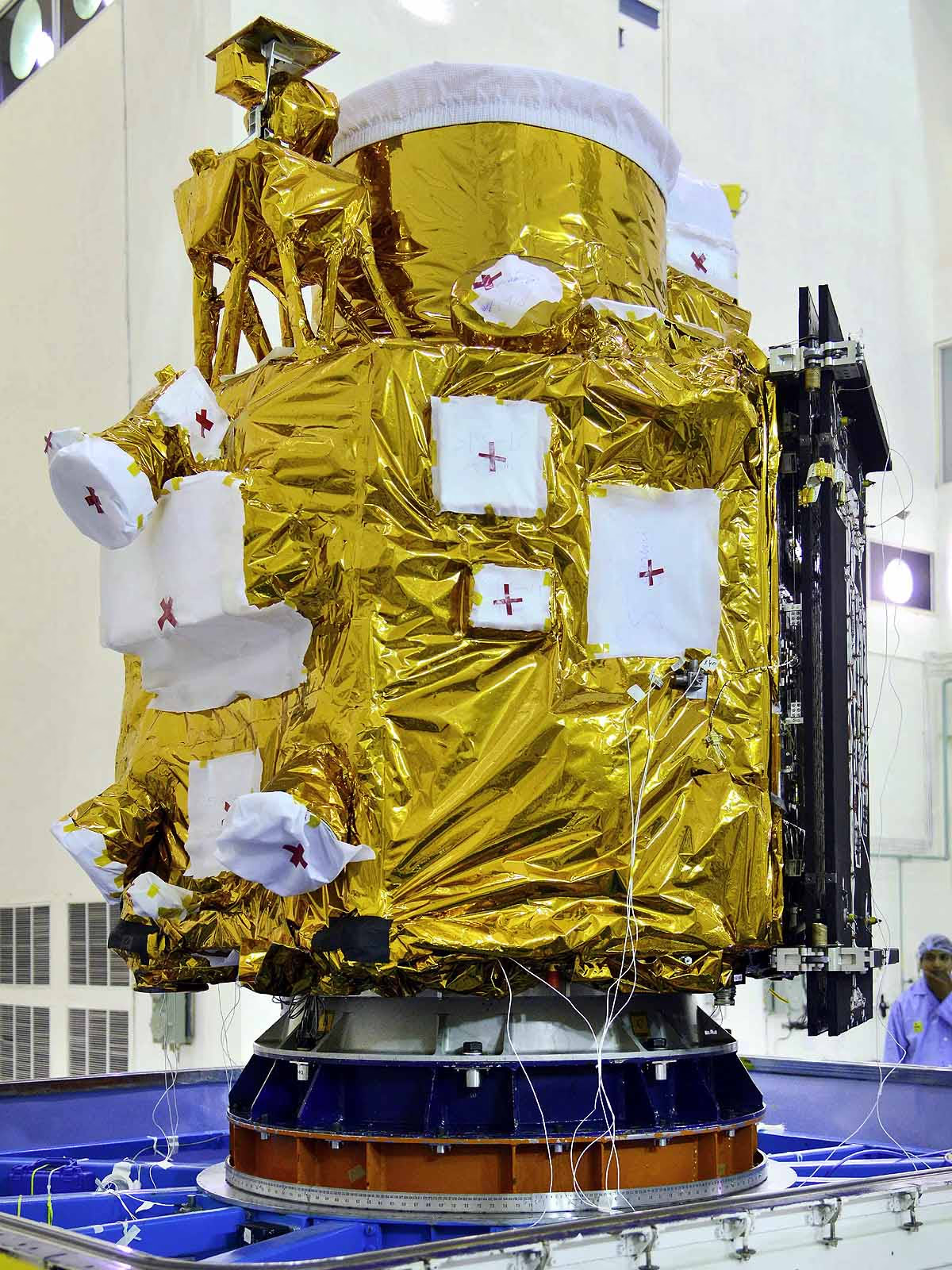
Source: aajtak
ISRO satellites like the Cartosat and RISAT series provided high-quality images operational day and night, regardless of weather conditions. RISAT's Synthetic Aperture Radar (SAR) sent clear images even in clouds and darkness, making it easier to monitor mountainous terrains and borders.
Cartosat supplied sub-meter resolution images, assisting in target identification and damage assessment post-attack. NavIC satellites guided weapons and missiles with precision, while GSAT satellites ensured secure communication.
The Significance of Operation Sindoor
Operation Sindoor was more than a military campaign; it was a tribute to the synergy of India's defense and space technology. Following the terrorist attack in Pahalgam on April 22, India responded swiftly. Notably, India executed precise strikes without crossing borders, mitigating potential international tensions.
Union Minister of State for Space, Jitendra Singh, stated on National Space Day, August 24, 2025, that Operation Sindoor gave India a chance to test space technology on Pakistani soil. This operation was a culmination of a decade's worth of technological development, facilitated by cooperation between the Department of Space and the Department of Atomic Energy.
ISRO's Future Plans
Operation Sindoor unveiled ISRO's strength to the world, marking only a beginning. ISRO has ambitious goals for the future...
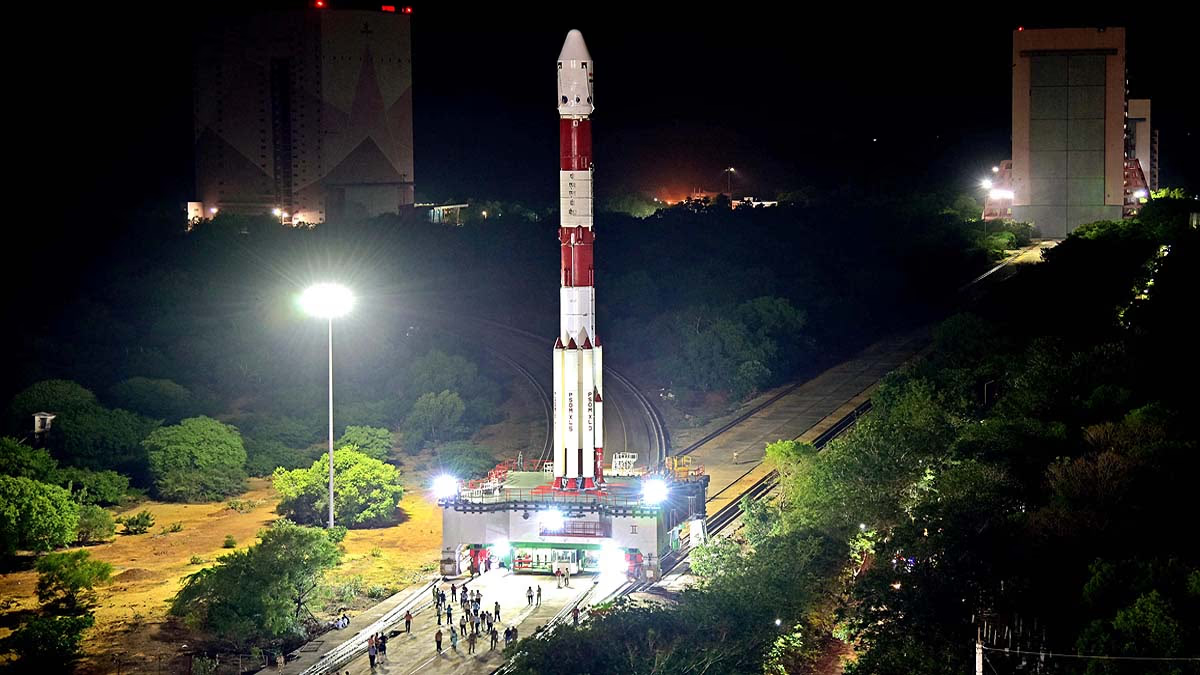
Source: aajtak
Space-Based Surveillance Program (SBS-3):
A budget of INR 26,968 crore has been allocated to launch 52 dedicated defense satellites by 2029, with 21 built by ISRO and 31 by private companies.
Gaganyaan Mission:
By 2027, ISRO aims to launch India's first human space mission. There have been 7,700 ground tests, with plans for three uncrewed missions.
Indian Space Station:
By 2028, India plans to launch its first space station module, to be completed by 2035.
Chandrayaan-4 and Chandrayaan-5:
Chandrayaan-4 will bring samples from the Moon, while Chandrayaan-5 will launch with Japan in 2028.
Lessons for India
Operation Sindoor highlighted that space technology is now integral to warfare and security. ISRO's satellites not only contributed to combating terrorism but also bolstered surveillance of India's 11,500 km coastline and volatile borders.
This operation also underscored the importance of collaboration between private companies and governmental organizations in enhancing India's space capabilities. ISRO plans to partner with private firms to launch 100-150 new satellites, half of which will serve surveillance purposes.
